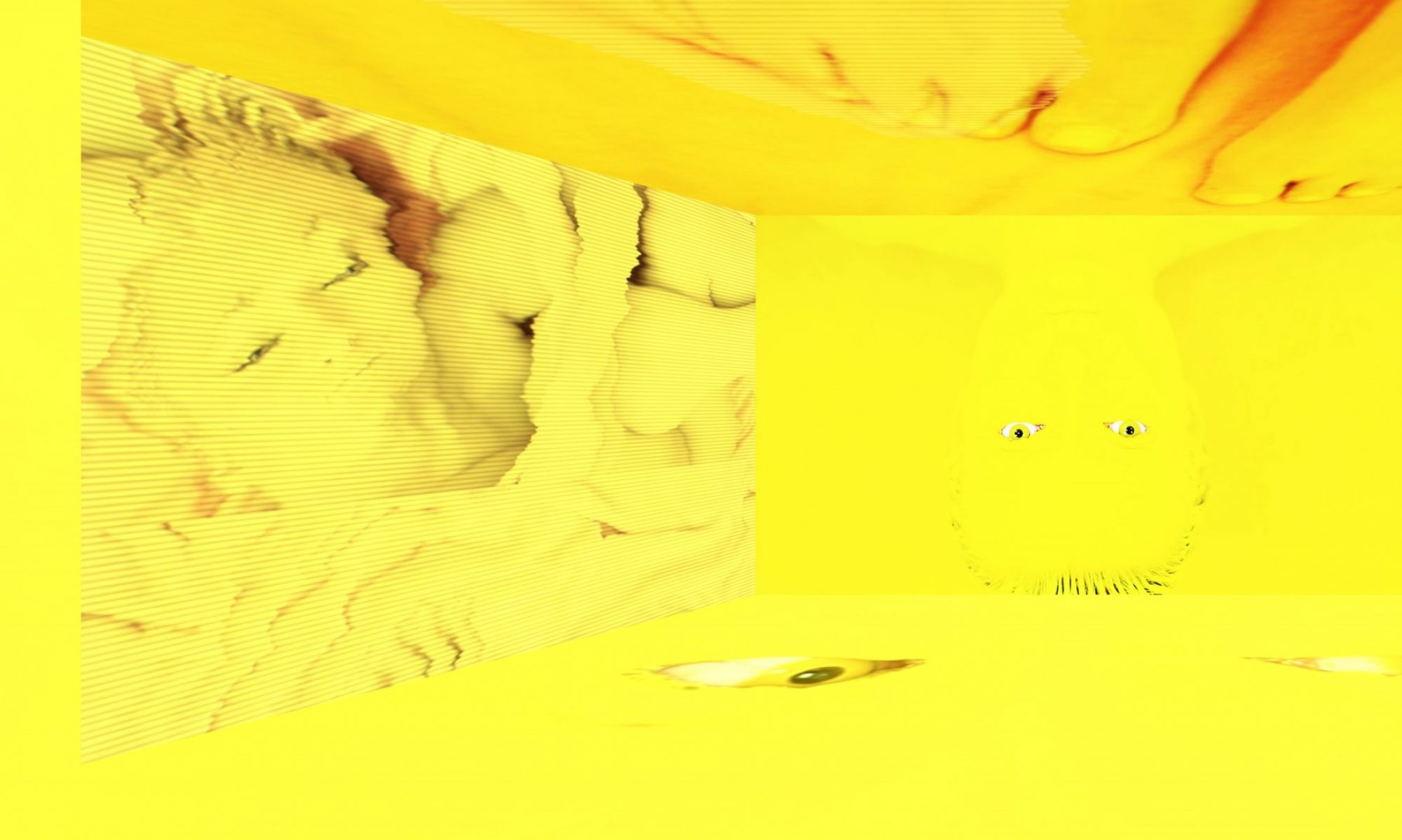Daniel Lichtman: The Community Game-Development Toolbox
This session will present The Community Game Development Toolkit, a set of tools that make it easy and fun for students, artists, activists and community members to create their own visually rich, interactive 3D environments and story-based games without the use of coding or other specialized game-design skills. Building on the popular 3D game design engine Unity, the Toolkit provides intuitive tools for diverse communities to represent their own traditions, rituals and heritages through interactive, visual storytelling.
As an example project created with the Toolkit, the session will also present The Raisin Truck Makes Raisins, a collaboratively produced interactive 3D environment that uses collage, spatial orientation/disorientation and organized chaos to reflect on the experience of caring for young children during pandemic and lockdown. Raisin Truck incorporates sketches, drawings, photos, sound recordings, objects and other artifacts collaboratively produced by Daniel Lichtman and care-takers from a variety of family configurations, living and employment situations.
Lexi Mitchell: Novel Game-Based-Learning Approach in Teaching Self-Regulation Strategies to Children
Game-based-learning provides the ability to acquire knowledge, skills, and learning outcomes through the use of an actual game. Exploration of research linked to game-based- learning has suggested evidence that this approach may be suitable in encouraging children to learn about self-regulation or self-control. During early childhood, it is especially important for children to learn how to manage their self-regulatory processes and emotions for decision- making, problem-solving, and academic achievement. In this talk, Mitchell discusses the power of play alongside digital game-based-learning with self-regulation strategies. To do this, Mitchell created a formal design and structure, illustrating how this concept as an effective tablet application will work, look, feel, and function using video, animation, sound, color, as well as prototype representations. In addition, this work centers upon manipulations of multimedia learning, focusing on the design of psychology as well as child cognitive thinking, as well as self-regulation strategies like executive function perspective methods and the modulation of mindful deep breathing.

